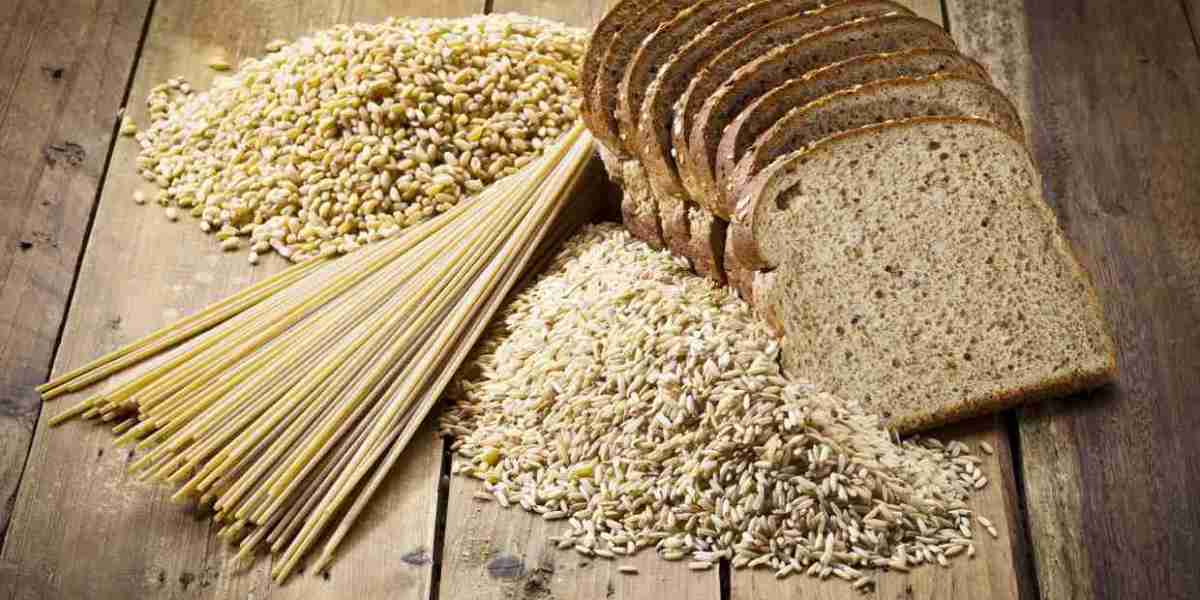That’s why the USDA recommends Americans eat at least three servings of whole grains per day. But there are ways to do that outside of eating whole wheat bread. Here’s a list of all the whole grains, as well as their health benefits.
What are whole grains?
A whole grain contains all three parts of the wheat plant — the bran, germ and endosperm — which house important nutrients, like antioxidants, protein, fiber and B vitamins.
On the other hand, refined grains, like white rice or white bread, are missing one or more parts of the grain. In other words, refined grains are not “whole”.
For example, white flour and white rice do not have the bran or germ. According to the Whole Grains Council, refining a grain removes about a quarter of the protein and more than half of the other nutrients. That’s why the USDA recommends making half your recommended six servings of grains whole grains.
Whole grain foods list
There are a variety of whole grains, including ones you probably know, like whole wheat bread, and others that may surprise you, like corn. Here’s a complete list of the whole grains you’ll find in stores:
- Amaranth
- Barley
- Brown rice
- Buckwheat
- Bulgur
- Corn, including popcorn
- Einkorn
- Farro
- Freekeh
- Kamut
- Kañiwa
- Millet
- Oats
- Quinoa
- Rye
- Sorghum
- Spelt
- Teff
- Triticale
- Wheat
- Wild Rice
What is the healthiest whole grain?
It’s nearly impossible to name one whole grain the healthiest. But if I had to choose one, I’d deem oats the healthiest whole grain. Like many other whole grains, oats are rich in fiber and protein, but they stand out for their affordability, versatility and approachability. Oats are easy to find in the supermarket, effortless to cook and inexpensive. They come in various forms, like instant, steel cut or “old-fashioned,” all of which are nutritionally equal.
What’s more, there’s a ton of research on the benefits of oats. Specifically, oats contain a special fiber called beta-glucan, which has been linked to lowering LDL (bad) cholesterol levels. Oats have also been shown to benefit digestion and gut health. This high-fiber plant-based food promotes the growth of healthy bacteria in the gut, which plays a role in gastrointestinal health, immune system function and cognition.
Besides oats, these are a few other whole grains that have unique properties.


